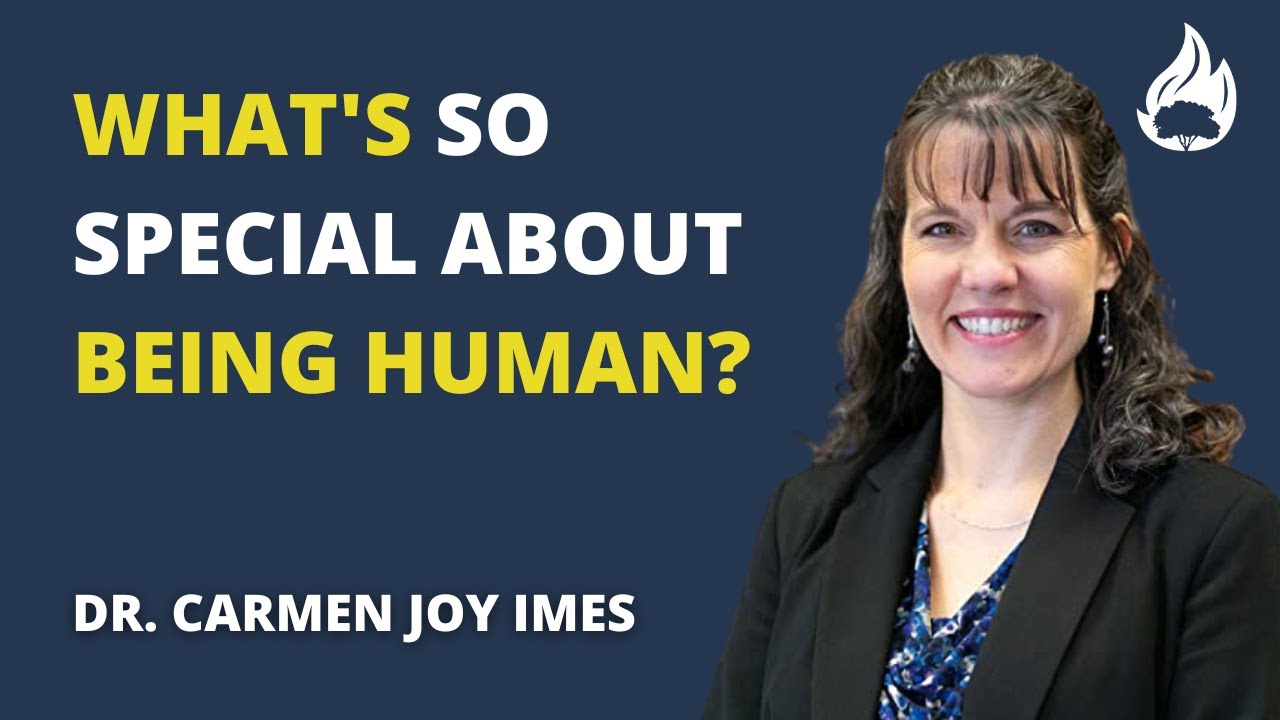Hi friends,
I asked Dr. Carmen Joy Imes about the rapture. Here’s how I set up the question and her answer:
In her answer, she explains both Matthew 24:36-41 and 1 Thessalonians 4:17. But, just as importantly, she also shows how the doctrine of rapture goes against the grain of the whole story of Scripture.
